Publicação de Comunicação
PATHOLOGIES AND DYSFUNCTIONS OF DEMOCRACY IN THE MEDIA CONTEXT – 2ND VOLUME
Democracy and political practices are suffering a major shift. Political participation and deliberation take place in the context of strategically manipulated information. Opportunities to mobilize data, in order to reinforce manifestations of panic or alarm, are becoming more evident. Concepts such as “information”, “agenda-setting ” and “participation” are being challenged today by an almost belligerent mobilization of media resources.
Recent developments on the recognition of women’s rights and promotion of new affirmative policies intended to improve gender equality coincides with an ever-increasing controversy around the concept of “political correctness”.
At the same time, while affirmations concerning human dignity appears to be progressively incorporated in political discourse, phenomena such as xenophobia, misogyny, racism, cultural, racial and ethnic confrontation, and, at the limit, the proliferation of genocides, rise to a previously unimaginable proportion and extent.
Emphasis was placed on empirical and theoretical works involving relatively recent political debates, such as the creation of the “left majority” (or “geringonça”) in Portugal; the Brexit; the Brazilian process; the American elections; the debates on the political correctness, the emergence of illiberal democracies and the political impact of migratory fluxes.
AUTORES / EDITORES
João Carlos Correia, Anabela Gradim and Ricardo Morais
COLEÇÃO
Livros LabCom
ANO DA EDIÇÃO
2020
ISBN
978-989-654-648-9











